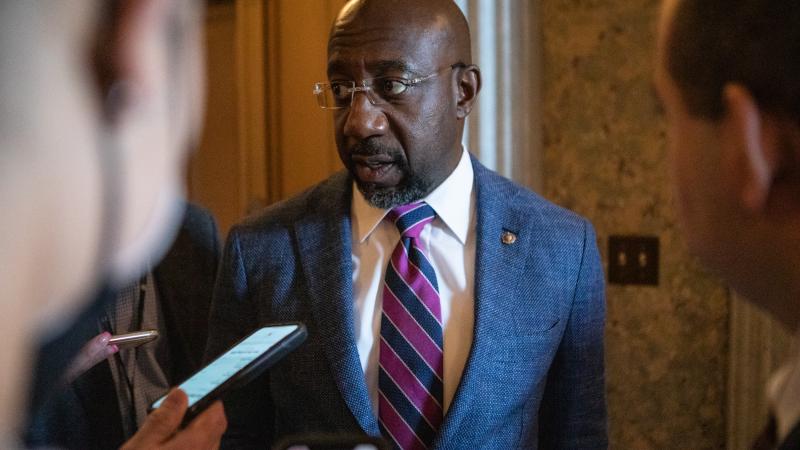House rules package would make adding more 'too easy,' budget hawks say
The House is expected to vote on the rules package early Tuesday evening.
The proposed House rules package would make adding more to the $32 trillion national debt "too easy," according to the Committee for a Responsible Federal Budget.
The group estimates that the national debt has over the last decade grown by almost $13 trillion, the result in part to Democrats' COVID-19 stimulus spending and GOP's tax cuts without spending cuts to offset them.
"It is therefore critically important that Congress adopt rules that encourage responsible budgeting, not adding to the debt. We have recommended a number of options," said Maya MacGuineas, president of the CRFB, in a statement, citing inflation as one of the reasons to lower the deficit.
The U.S. budget deficit was about $1.4 trillion in fiscal 2022.
"While it is very encouraging that the House rules package would strengthen limits on federal spending, it is not fiscally responsible to be anti-spending if you aren't also anti-borrowing," MacGuineas also said.
She argues the rules package would "permit more borrowing by allowing tax cuts to be added to the debt and by making it more difficult to raise taxes," which her organization argues is one of the ways to help reduce the deficit.
"For the last major tax cuts in 2017, Congress opted to add to the debt rather than fully offsetting the costs with spending cuts. Following that same playbook would add more to the debt at a time when additional borrowing is exceedingly dangerous," MacGuineas also said.
"Instead, Congress should include any limits on new spending on top of limits on new borrowing, not in place of them. Importantly, the rules package should retain PAYGO rules that require spending and tax cuts to be offset rather than just relying on CUTGO rules that only require spending to be offset."
MacGuineas warned that PAYGO requirements alone are "unlikely to be sufficient, given that 225 members of the House and 68 senators just voted to waive over $120 billion of spending cuts scheduled to go into effect."
Referring to the upcoming battle in Congress over raising the debt limit, MacGuineas said that while fiscal reforms could accompany debt limit legislation, "the debt limit must ultimately be increased or suspended – this should not be negotiable."














